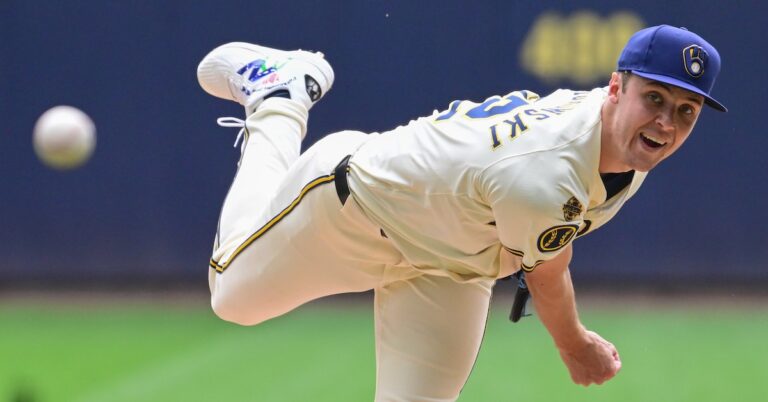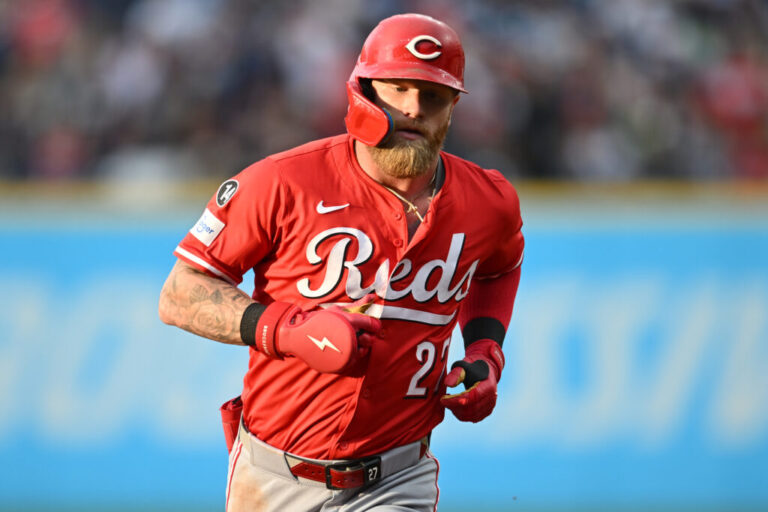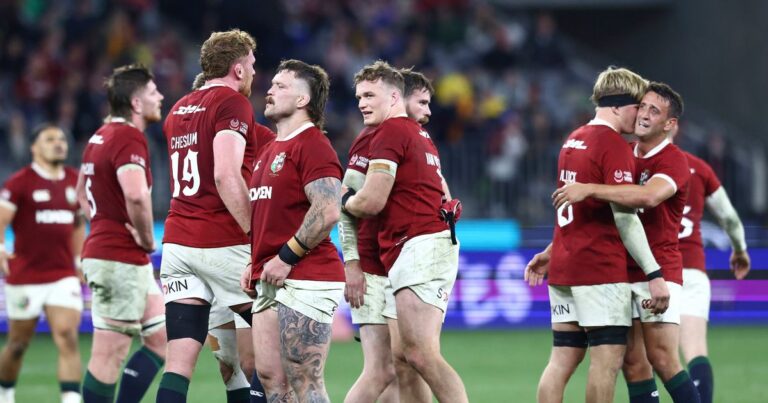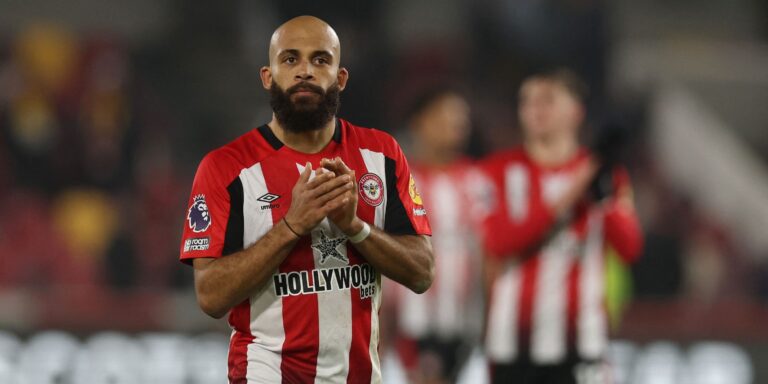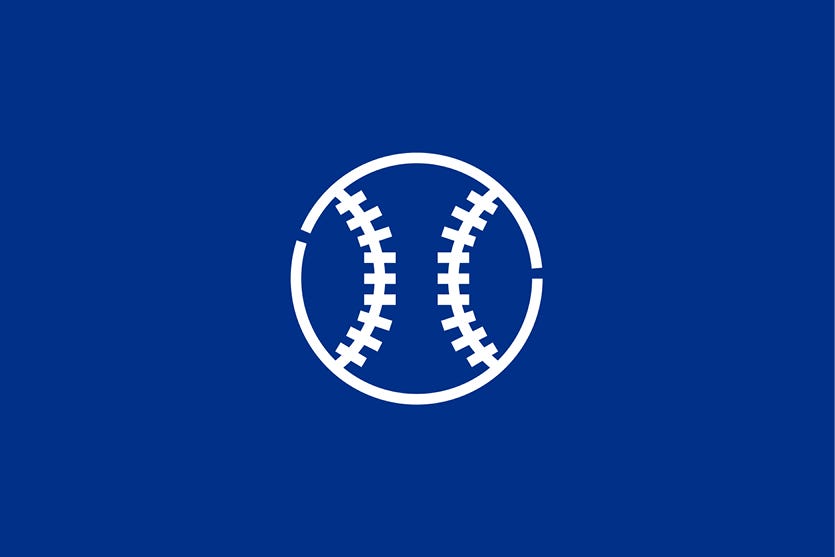

Successive editions of this newsletter are counting down the 50 greatest ballclubs of all time — a/k/a the Best 50 — as ranked by my new book, Baseball’s Best (and Worst) Teams. Today’s entry focuses on No. 32, the 1962 New York Yankees.
Here’s a quick boilerplate explanation that I’m appending to every story in this series:
I compiled the Best 50 by analyzing 2,544 major-league teams from 1903 to 2024. Those clubs have been ranked by their team scores (TS), which are plotted on a 100-point scale. (A given club’s all-time percentile is the percentage of the other 2,543 teams that it outperformed.)
See my book for an explanation of my TS calculations. The book also offers separate breakdowns of the best and worst clubs for every decade and franchise, comprehensive profiles of the Best 50 (including position-by-position lineups and much more information than you’ll find in this newsletter), and similar summaries of the 10 worst teams of all time.
Now on to today’s profile.
-
Team: 1962 New York Yankees
-
Team score: 86.401 points
-
All-time rank: 32 of 2,544
-
All-time percentile: 98.78%
-
Season record: 96-66 (.593)
-
Season position: First place in American League
-
Final status: World champion
The 1962 Yankees lacked the panache of their immediate predecessors. They placed third among 20 big-league teams in home runs and seventh in earned run average. New York’s 1961 club had ranked first and second, respectively.
The Yankees won only 33 of their first 61 games in 1962, miring them in fourth place in the American League. Manager Ralph Houk refused to surrender. “We got 100 games to play,” he barked on June 23. “We ain’t going to quit.”
The Yankees, whatever their limitations, still knew how to win. They accelerated to a 32-11 record during the next six weeks, putting them 6.5 games ahead of their closest pursuers as of August 3. The AL race was effectively over.
A new hero emerged in that hot stretch. Pitcher Ralph Terry went 8-2 during those six torrid weeks. He became New York’s ace — supplanting the great Whitey Ford — and finished with a league-leading 23 victories.
Get the complete lowdown on the 50 greatest (and 10 weakest) clubs of all time
The National League’s race ended in a dead heat, forcing a playoff series between San Francisco and Los Angeles. The Giants emerged with a hard-fought pennant.
New York Times columnist Arthur Daley contended that the Giants were “emotionally and physically drained” by the playoff. He couldn’t imagine them defeating the well-rested Yankees in the World Series.
Yet the two clubs traded victories three times — first New York, then San Francisco. Game Seven was a nail-biter. The Yankees clung to a 1-0 lead with two outs in the bottom of the ninth. The Giants had runners on second and third. San Francisco slugger Willie McCovey scorched a line drive — “the hardest ball I ever hit,” he later said — but second baseman Bobby Richardson speared it to save the Yankees’ 20th world championship.
A new installment will arrive in your email each Tuesday and Friday morning
The Yankees’ home-run totals returned to earth in 1962. Right fielder Roger Maris led the club with 33, not the 61 that had brought instant fame in 1961. Center fielder Mickey Mantle hit 30, not 54. The entire squad finished with 199 homers, not the prior season’s record count of 240.
Maris also topped the team with 100 RBIs, though his performance was generally considered a disappointment. He had won the American League’s Most Valuable Player Awards in 1960 and 1961, but he didn’t receive a single vote in 1962’s balloting.
Mantle appeared to suffer a season-ending injury as he ran out a grounder on May 18. He collapsed “as though he had been gunned down in full flight,” reporter Til Ferdenzi wrote. Mantle initially feared that his knee had blown out, but doctors eventually diagnosed a torn thigh muscle. He was sidelined for a month.
Bobby Richardson helped fill the void, hitting .308 in the 25 games Mantle missed. The second baseman was a straight arrow who had always been more skilled with a glove than a bat. “He doesn’t drink, he doesn’t smoke, he doesn’t chew, he doesn’t stay out late, and he still can’t hit .250,” former manager Casey Stengel once moaned. Richardson shocked his critics by leading the AL with 209 hits in 1962.
Another pleasant surprise was pitcher Ralph Terry, who had surrendered the home run that lost the 1960 World Series. Terry rebounded to a 23-12 record in 1962, adding a pair of postseason victories. “Thank God for the second opportunity,” he said after locking down Game Seven of the ’62 series.
